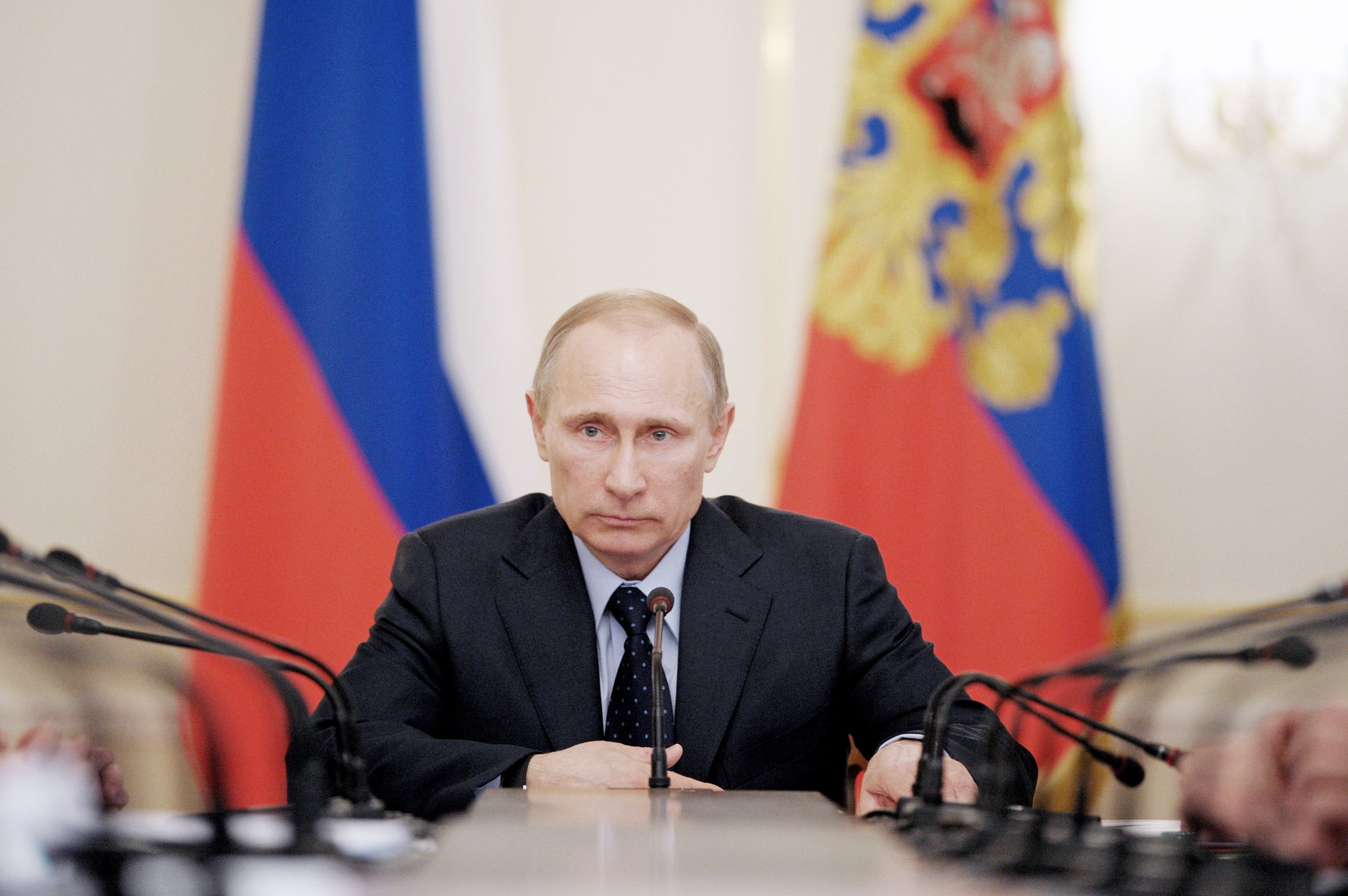
Now that Crimea has voted to secede from Ukraine and join Russia, the crisis pitting Moscow against the West has reached an important crossroads. The situation could begin to calm, but it might just as easily escalate to a new level of danger—and possibly violence. What happens next depends on the answers to three crucial questions
Will Russia Absorb Crimea?
Sunday’s referendum doesn’t mean that Crimea is now part of Russia (nor does the decree signed by Putin Monday night recognizing Crimean independence). Full annexation requires a vote by Russia’s parliament to expand the Russian Federation. Last week, Russian President Vladimir Putin said he would defer a decision on that step until after Crimea’s vote. After a Friday meeting with Russia’s foreign minister, Secretary of State John Kerry warned him against it. “[A] decision to move forward by Russia to ratify that vote officially within the Duma would in fact be a backdoor annexation of Crimea,” Kerry said, adding “that is a decision of enormous consequence with respect to the global community.”
U.S. and European officials still hold out hope for a compromise solution, in which Russia would stop short of laying legal claim to Crimea in return for Kiev granting the peninsula additional political autonomy, along with guarantees that Russia’s Black Sea fleet could remain based there without interference. Kerry, however, did not sound optimistic about such a plan after his Friday meeting with Lavrov, while accounts from both capitals of a Sunday phone call between Obama and Putin suggested little common ground between the two leaders.
On Monday, the Kremlin announced that Putin will address the Duma on Tuesday—possibly to call for full annexation of Crimea.
Does Putin Want More of Ukraine?
Many Ukrainians are resigned to the loss of Crimea. Their big fear now is that Crimea was just the appetizer, and that eastern Ukraine is the meal. It’s a plausible scenario: Putin has repeatedly said—on the basis of little evidence—that eastern Ukraine’s large ethnic Russian population is being threatened and may require Russia’s protection. He has begun a menacing military buildup just across the Ukrainian border. And Russian forces seized a gas plant just across Crimea’s border on Saturday.
Crimea was a relatively easy prize for the Russian leader to grab. But a move deeper in Ukraine would be a different story. While Ukraine didn’t put up a physical fight for Crimea, a Russian incursion into its mainland would mean bloodshed—with resistance almost certain from both local anti-Russian partisans and Ukraine’s armed forces (“Ukraine reserves the right to use all necessary measures to stop the military invasion by Russia,” Kiev warned after Russia’s seizure of the gas plant).
It would also demand a harsh response from Washington and European capitals. There’s already talk among Washington conservatives of supplying arms to Kiev to fend off Russian aggression. The odds of a shooting war between Russia and NATO remain tiny, but a Russian incursion in Ukraine would transform a strained relationship between the two sides into an outright hostile one, with increasingly unpredictable consequences.
How Much Do Obama and Europe Really Care?
The Obama administration responded to the Ukraine vote on Monday morning by announcing new sanctions aimed at seven Russian officials and four Ukrainian ones; the E.U. is imposing its own set of penalties. But while U.S. officials touted those sanctions as the most dramatic since the Cold War, they are relatively modest—more symbolism than real economic punishment.
What remains to be seen whether the West has the stomach for an extended showdown with Moscow, especially if Putin doesn’t advance further into Ukraine. After Russian forces invaded northern Georgia in 2008, after all, the West cried out in protest—but once the dire headlines receded, did not fundamentally reorient relations with Russia. (To the contrary, a year later Obama began his ill-fated “reset” with Moscow).
Exacting real punishment on Russia’s economy would involve steps like sanctions against banks, petrochemical companies and other key industries—measures that would cost American and European businesses real money as well. And as a practical matter, an American president with an already-full foreign policy plate can hardly welcome an extended fight with Russia over a Black Sea peninsula—especially when Moscow can complicate Obama’s other priorities, like reaching a nuclear deal with Iran—once the political pressure to look “tough” has faded.
Obama administration officials say the stakes are about more than a somewhat obscure chunk of eastern Europe. The real issue, as Kerry put in Friday, is “the international multilateral structure that we have lived by since World War II.”
It’s a stirring notion, but one over which Vladimir Putin may doubt the West’s will to fight.
More Must-Reads From TIME
- The 100 Most Influential People of 2024
- The Revolution of Yulia Navalnaya
- 6 Compliments That Land Every Time
- What's the Deal With the Bitcoin Halving?
- If You're Dating Right Now , You're Brave: Column
- The AI That Could Heal a Divided Internet
- Fallout Is a Brilliant Model for the Future of Video Game Adaptations
- Want Weekly Recs on What to Watch, Read, and More? Sign Up for Worth Your Time
Contact us at letters@time.com